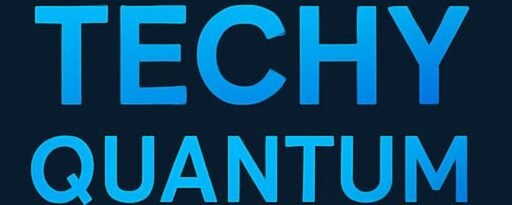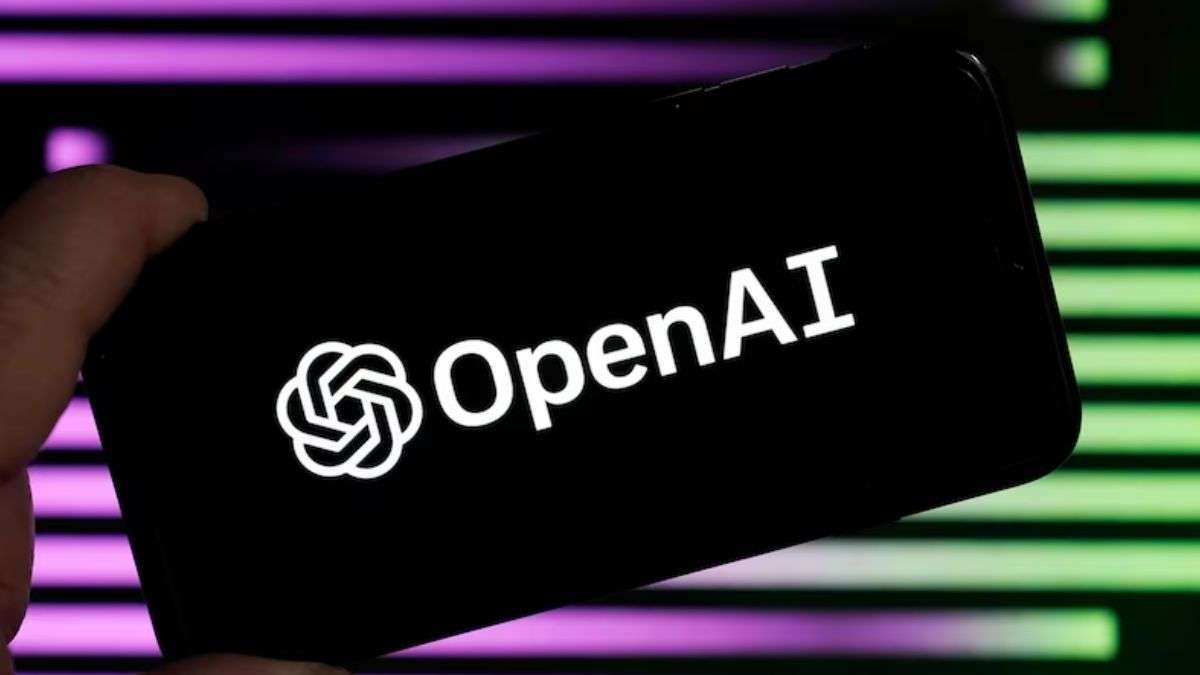The technology world is buzzing with news of the Julia Villagra departure from OpenAI. Villagra, who served as the company’s Chief People Officer, is stepping down from her role just months after being promoted to the position.
Her exit highlights the challenges and transitions happening inside OpenAI, a company racing to lead in the artificial intelligence space while competing with giants like Google, Meta, and Anthropic.
At first glance, this may look like just another executive change in Silicon Valley. But the story behind the Julia Villagra departure carries deeper meaning about leadership, personal passion, and how human values intersect with one of the fastest growing industries on the planet.
Why the Julia Villagra Departure Matters
Villagra joined OpenAI in 2024 as head of HR and quickly rose to the Chief People Officer role by March 2025. Her time at the company coincided with an extraordinary period of growth.
OpenAI was expanding its global workforce, strengthening partnerships, and investing heavily in new AI tools to stay ahead of rivals.
So why does her leaving matter so much? The answer lies in timing. OpenAI is not only fighting to maintain its edge in the talent race but also dealing with public concerns about AI’s potential impact on jobs, ethics, and society.
When a leader who is responsible for people and culture decides to step away at such a crucial time, it raises important questions about the balance between corporate ambition and personal fulfillment.
Unlike many corporate exits, the Julia Villagra departure was not fueled by internal disputes or performance issues. Instead, Villagra made a personal choice to follow her passion.
She revealed that she wants to focus on creative communication through art, music, and storytelling to help people better understand the emotional and ethical side of artificial intelligence.
This move gives the story a very human touch. In a world where corporate leaders are often judged by their titles and the size of their companies, Villagra’s decision reminds us that personal purpose can matter more than corporate power.
For many professionals, this resonates deeply: choosing meaning and creativity over a high ranking position is a decision few dare to make, but one that often leads to greater fulfillment.
Leadership Transitions in Big Tech
To put the Julia Villagra departure in context, it helps to look at similar transitions in other big tech firms.
Google has experienced several high profile HR leadership changes in recent years, often tied to disagreements over diversity, ethics, and employee treatment. Those exits caused tension internally and harmed external reputation.
Meta also saw leadership shifts as it moved aggressively into virtual reality and AI, with many executives leaving because their personal visions did not align with the company’s priorities. What makes Villagra’s case different is the absence of conflict.
She is not leaving due to dissatisfaction with OpenAI but because she wants to contribute to AI’s future in a different, more creative way. That makes her exit less damaging for the company’s image and even inspiring to employees who value authenticity.
To understand the implications better, let’s consider what experts in leadership and technology say about such transitions. Dr. Lena Moreno, Leadership Coach. Villagra’s decision shows a new model of leadership.
In today’s tech culture, influence is not just about leading big teams it’s about shaping the conversation around how technology affects people.
Her choice to move into storytelling is a powerful way of extending her impact. Ravi Patel, Tech Industry Analyst, OpenAI will face challenges in filling her role because she represented the human side of the company.
At a time when OpenAI is growing so quickly, maintaining employee trust and engagement is critical. But because her departure is rooted in personal passion rather than conflict, the disruption should be manageable.
What Happens Next at OpenAI
OpenAI is already moving to manage the transition. Jason Kwon, the company’s Chief Strategy Officer, will temporarily handle the Chief People Officer duties. Meanwhile, Fidji Simo, who recently joined OpenAI in a senior leadership role, will lead the search for Villagra’s successor.
This structured approach shows that OpenAI wants to ensure stability. In the fast-moving world of AI, where talent is one of the most valuable assets, having a strong HR leader is critical.
The new leader will need to not only attract top AI researchers and engineers but also create an environment where employees feel valued and supported.
The Julia Villagra departure is not just about one executive leaving a big company it’s about a shift in how we view careers and leadership. For years, the tech industry has glorified long hours, high salaries, and rapid promotions.
But Villagra’s choice proves that even at the top, people are looking for meaning beyond money and titles. I can relate to this on a personal level. Many of us have been in roles that offered security and status but left us feeling empty.
Choosing passion over position is never easy, but it can lead to a more impactful and fulfilling life. Villagra’s move reminds us that leadership is not about the corner office it’s about how we use our skills to touch lives and spark conversations that matter.
The Julia Villagra departure also speaks to a bigger trend in the workforce: the rise of purpose driven careers. More professionals, especially in tech, are seeking roles that align with their values rather than just their resumes.
For OpenAI, this could be both a challenge and an opportunity. Losing a people focused leader may slow down HR initiatives and make it harder to compete for top talent.
Villagra’s story might inspire OpenAI to double down on its commitment to human centered values, ensuring that its next HR leader is not just a recruiter but a true culture builder.
Just a Corporate Exit
The Julia Villagra departure is not simply another executive shuffle it’s a story of purpose, passion, and leadership. For OpenAI, it marks a moment of transition as the company continues its rapid rise in the AI industry.
For Villagra, it is the start of a new chapter where her creativity can help society better understand the complex future of artificial intelligence.
Most importantly, her story offers a lesson for all of us true leadership is not about titles but about impact. By choosing to follow her passion, Julia Villagra shows that even in the heart of Silicon Valley, humanity still matters.

